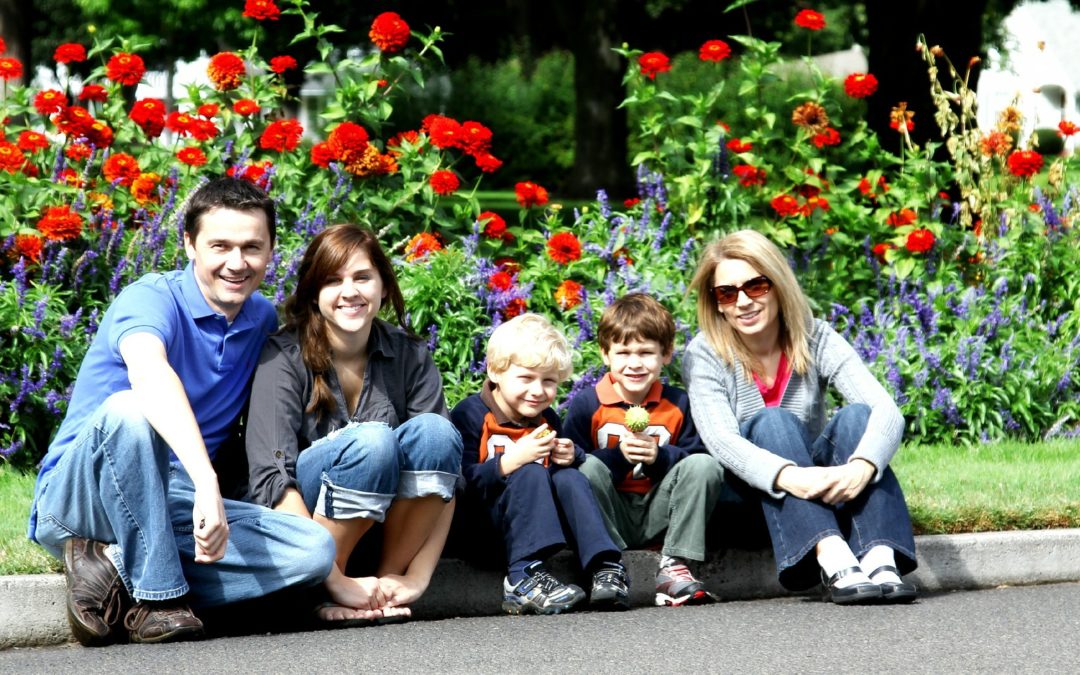
Some of the children and young people we see at Attuned Psychology live between two houses and move between two families.
When parents with children from previous relationships live together it is common to call this a blended family or step-family.
Blended families come in many shapes and sizes. Children may be of similar or different ages; they may live together all the time, or in alternate weeks, or just on weekends or school holidays.
Making a blended family work can be both rewarding and challenging. An old TV program called the Brady Bunch showed a blended family of six children successfully overcoming all problems, with the help of a housekeeper of course!
Unfortunately, real life isn’t always as easy (or as neat and tidy). Some children find it hard to be resilient and adjust to their changed family circumstances.
There may not be quick solutions but there are some strategies that can help:
* Be patient, relationships with step-parents take time to grow. It might be best for the step-parent to take a secondary role with parenting at least in the early stages – letting the biological parent be responsible for discipline and backing up their decisions. Talk about this early on, to make sure you are both on the same page with expectations and approach to discipline.
* Children need to be reassured that their step-parent isn’t a replacement mum or dad. Step-parents can have a different and often positive role over time (for example as a mentor; someone supportive can help give a different perspective on problems).
* Encourage your children to talk about feelings about the new family situation – let them know that it’s OK for them to feel sad and sometimes angry about changes that happen.
* Help your children explore both the bad and good things that change brings. They may miss the traditions in the old family but get their help in establishing new traditions (Christmas is a good time for this to start).
* Don’t expect everyone to get on well together straight away (to be one big happy family) – this is especially important for teenagers.
* Treat biological and step-children equally –make sure there are consistent rewards and consequences in place for all children in the family.
* Initiate family meetings to discuss ways in which the new family can share activities, but also to clarify family expectations and rules, and problem-solve challenges for individuals.
* Keep arguments between yourself and your new partner away from your children’s hearing if you can. These will create anxiety and test loyalties.
* Try to keep a civil relationship with ex-partner. Keep disputes away from the children and discuss concerns calmly and with an open-mind (keeping your children’s best interest at heart).
* Have the same rules for both houses if possible – this will make it much easier for your children and prevent hurtful comparisons.
* Unfortunately, sometimes despite best efforts, new relationships break down. If this happens to you, try to help your children maintain relationships with those they were close to (step-siblings or even the ex-partner).
Blended families are complex and it can be difficult for parents to know what to do in all situations. If you have worries about your child when considering a new relationship, of if your child is struggling to adjust to moving between two houses, the Psychologists at Attuned Psychology can help.
Angela Crettenden
Clinical Psychologist
Subscribe to our newsletter Attuned Life
Would you be interested in receiving our occasional newsletter, event information and other useful tips via e-mail?

